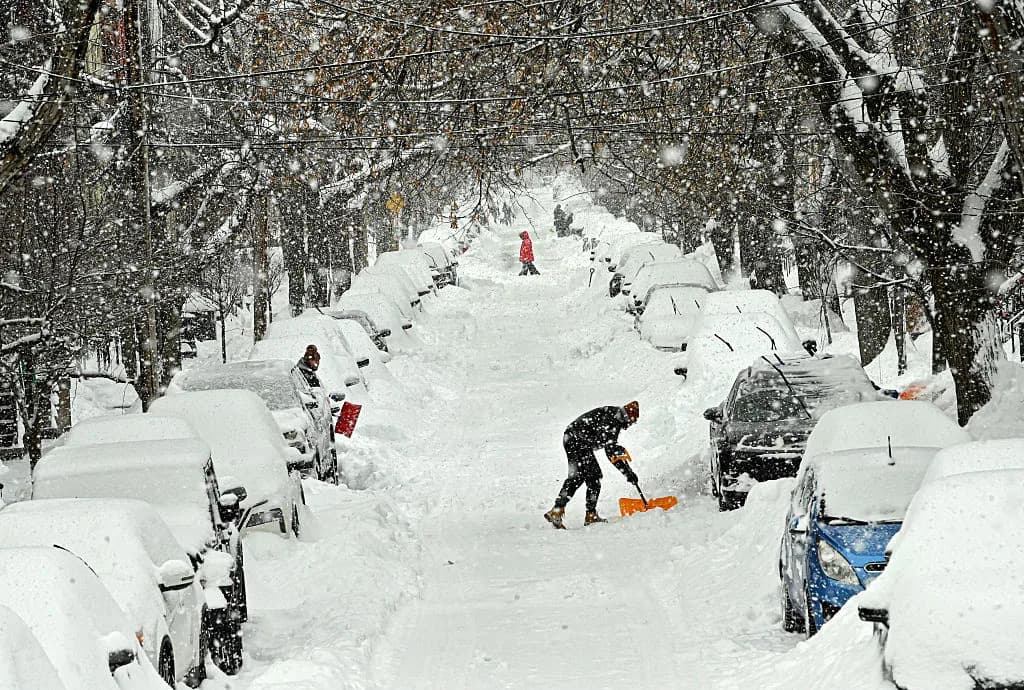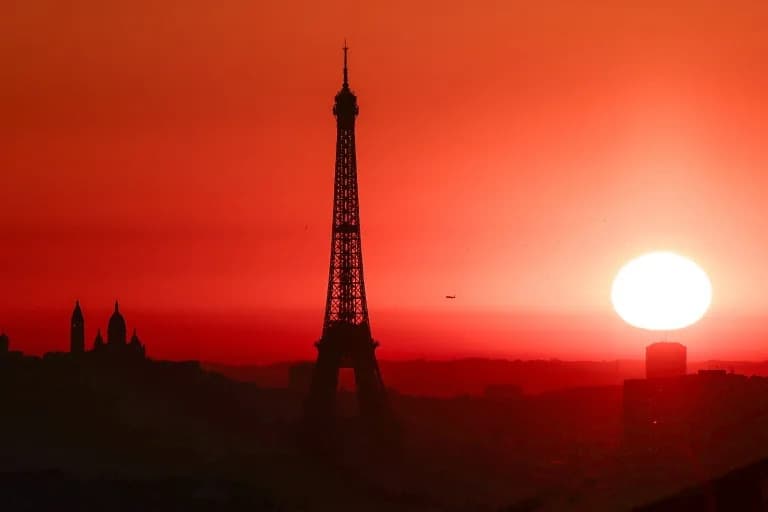The Arctic is warming about three times faster than the global average and has shifted into a new, unstable climate phase since around 2000. A review led by Xiangdong Zhang reports steep increases in extremes — atmospheric heat waves +20%, ocean warm events +76%, sea-ice loss +83% and Greenland melt +68%. These changes raise global risks including coastal flooding, disrupted weather patterns, threats to food supply and expanded disease ranges. The authors call for rapid emissions cuts and stronger adaptation to prevent today's rare events from becoming commonplace.
Arctic Has Crossed a Dangerous 'Tipping Point' — Today's Extremes Could Become 'The New Norm'

Arctic Has Crossed a Dangerous 'Tipping Point', Scientists Warn
An international review led by Xiangdong Zhang of North Carolina State University finds the Arctic is warming roughly three times faster than the global average and has entered a new, unstable climate phase since about 2000. Published in Nature Reviews Earth & Environment, the study documents a sharp rise in extreme events across the region.
Key observed changes include:
- Atmospheric heat waves: +20%
- Marine (ocean) warm events: +76%
- Sea-ice loss: +83%
- Greenland ice melt: +68%
The authors describe a 'pushing and triggering' dynamic: warmer air and ocean currents move northward and push the Arctic toward a new baseline. Rather than only gradual change, this dynamic increases the frequency and intensity of extreme events and can produce abrupt shifts in the region's climate state.
These Arctic changes have global consequences. Melting sea ice and altered ocean–atmosphere interactions can increase coastal flooding by raising storm surges and tides, disrupt weather patterns that intensify storms, droughts and heat waves far from the pole, and threaten food systems by making crops harder to grow and raising prices. Warmer conditions also expand habitats for disease-carrying insects, increasing public-health risks in regions that were once too cold for them.
Understanding this new Arctic state is essential to improving forecasts of extreme events and giving communities more time to adapt. The study emphasizes two complementary responses: rapid, large-scale reductions in greenhouse gas emissions to limit further warming, and investments in adaptation and resilience to protect communities and food systems.
Bottom line: Without decisive global action, events that are rare today risk becoming the 'new norm.'
Help us improve.


































